
Japan Tobacco International has accused BAT Bangladesh of anti-competitive practices, reports The Daily Star. The Bangladesh Competition Commission (BCC) is investigating the complaint.
United Dhaka Tobacco Company (UDTCL) alleges in the complaint that BATB abuses its dominant position. JTI filed the case in March 2021, three years after entering Bangladesh’s tobacco market by acquiring UDTCL for $1.47 billion in 2018 from Akij Group.
When JTI entered Bangladesh, UDTCL had a 19.8 percent share in the cigarette market, which has now dropped to 12.6 percent. JTI alleges this is due to BATB’s anti-competitive practices.
BATB is the leading cigarette seller in the country followed by JTI and Abul Khair Tobacco.
BATB had a more than 95 percent share in the premium and “high” segment of the market, according to a 2019 study. Its share in medium and low segments was 65 percent and 58 percent, respectively.
JTI alleges that BATB operates a program with its retailers to prevent competition in the market and stop rivals from gaining more market access. Under the alleged program, if a BATB partner retailer stocks or sells United Dhaka Tobacco products, BATB or its representatives penalize or deduct loyalty points from the retailers or threaten to stop supplying products to the retailers.
“BATB runs the program directly and/or indirectly through its representative and/or distributor,” said JTI, adding that it earlier requested BATB to put an end to all programs and acts that restrict competition.
BATB denied the allegations, according to the JTI complaint.
Md Mofizul Islam, the chairperson of the BCC, says the commission is investigating the case. “We will try to give a verdict as soon as possible after holding a hearing.”






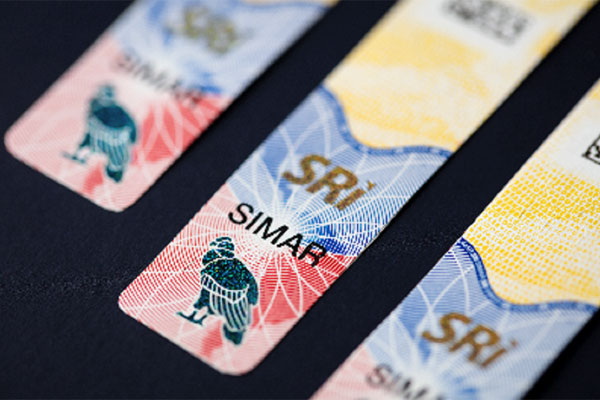
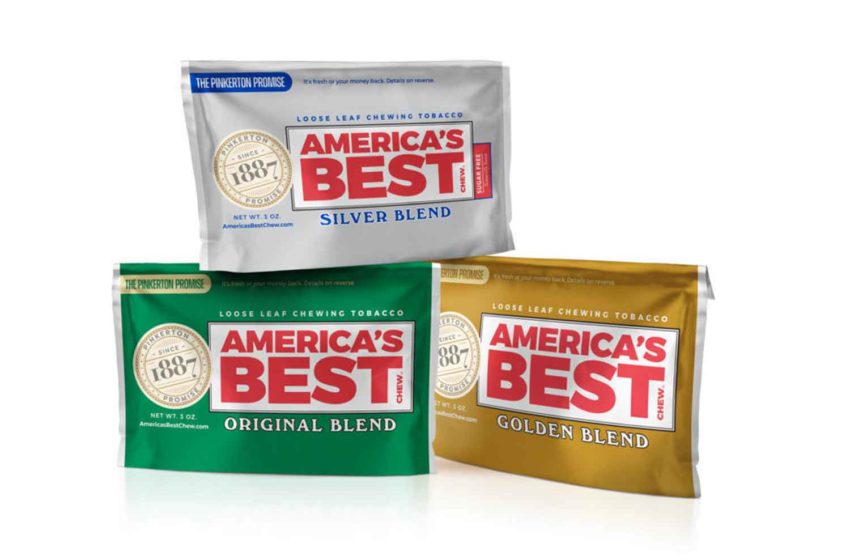
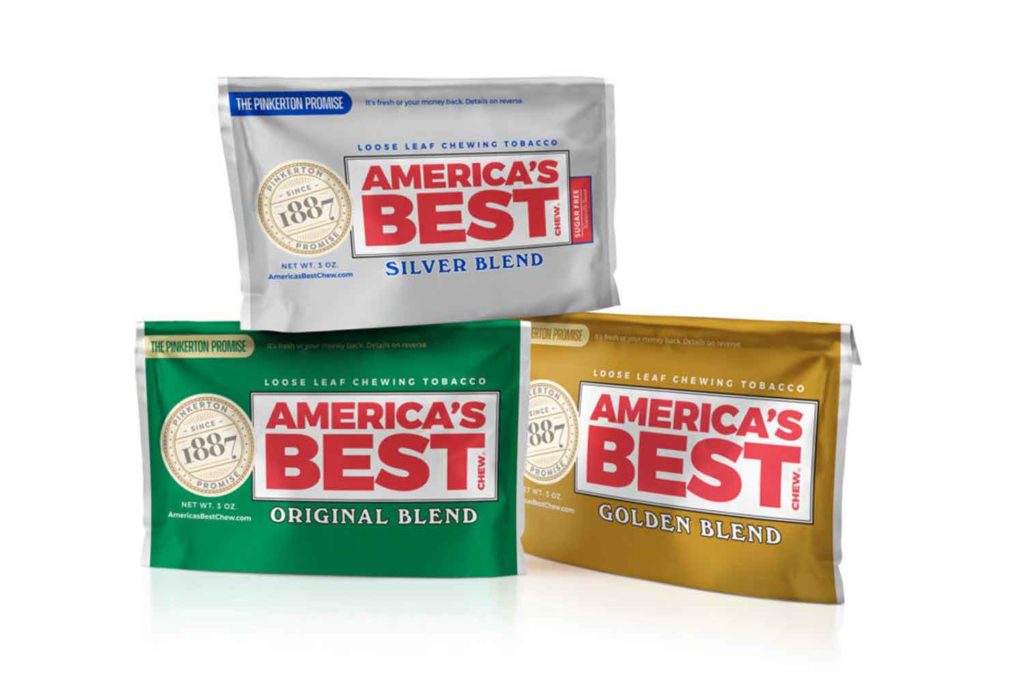
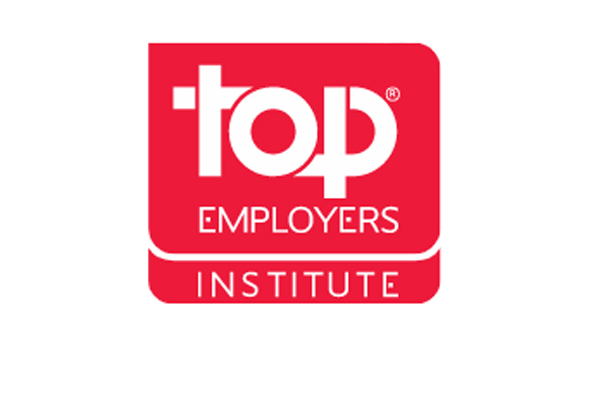





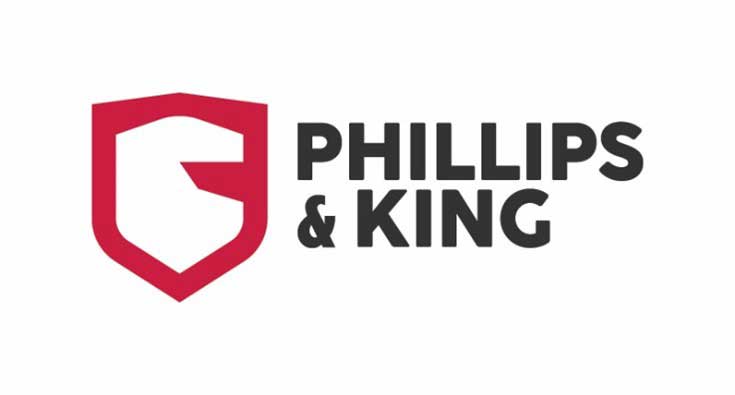
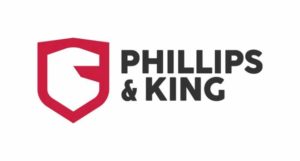 Phillips & King International has announced a new brand identity and wholesale e-commerce platform.
Phillips & King International has announced a new brand identity and wholesale e-commerce platform.